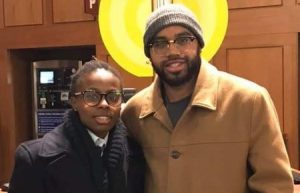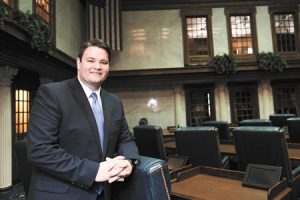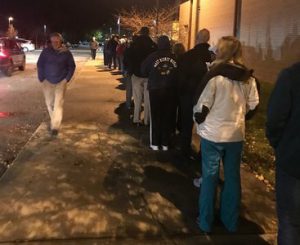Merritt won’t walk in Indy Pride Parade, pledges LGBTQ protections if elected
Indianapolis Republican Mayoral candidate Jim Merritt on Thursday said he regretted his Senate vote for the Religious Freedom Restoration Act in 2015 and pledged to support the LGBTQ community if elected mayor.







